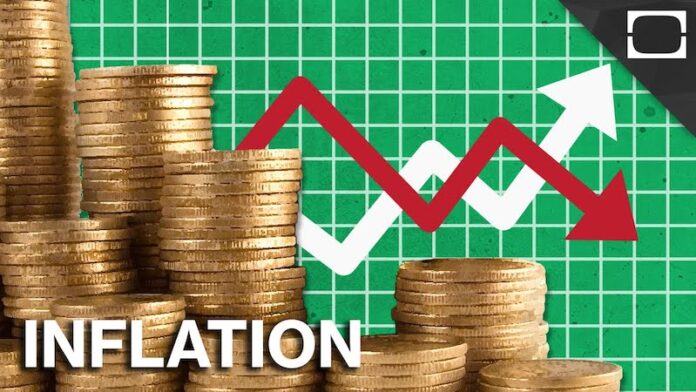The Nigerian Association of Chambers of Commerce, Industry, Mines and Agriculture (NACCIMA) has urged the Federal Government to employ strategies that would significantly reduce inflation for competitiveness.
Mr John Udeagbala, president, NACCIMA, gave the advice in reaction to the July 2021 inflation figures on Tuesday in Lagos.
The July headline inflation stood at 17.38 per cent, a 0.37 per cent decline from June 2021.
Also, July 2021 core index rose by 0.63 per cent from 13.09 per cent in June, while the food index component stood at 21.83 per cent translating to a decline of 0.80 per cent.
Udeagbala said Nigeria’s current inflationary trend connoted that products and services got more expensive before leaving the country’s borders, particularly in the ongoing Africa Continental Free Trade Area (AfCFTA).
This, he said, created a scenario where Nigerian products and services were uncompetitive in the face of competing African products that had freer access to the Nigerian market and were also competing in other African countries.
Udeagbala said Nigeria’s current inflation trend was largely driven by production costs, poor ease of doing business; the depreciation of the Naira combined with import dependence in terms of raw materials, intermediate products, capital goods, and even finished goods.
Other factors, he said, included the rising cost of energy, insecurity, poor human resources within the labour force, multiplicity of taxes, high interest rates and the disruptive effect of the COVID-19 pandemic.
The NACCIMA president noted that the economic outlook for the next one year was highly dependent on the policy actions that would be implemented by the government right now.
“As stated earlier, insecurity is one factors affecting rising prices; however, there are others.
“Government’s implementation of policies, such as the Economic Sustainability Plan coupled with a stable foreign exchange regime, directed towards encouraging economic activity and promoting private sector ingenuity could significantly reverse the inflationary trend.
“However, if such policies are not implemented towards promoting the private sector, the next year is likely to see similar indices and not just in inflation but in national output, unemployment, and of course, insecurity,” he said.




